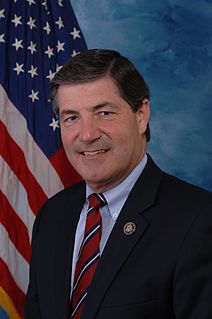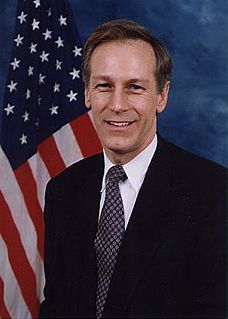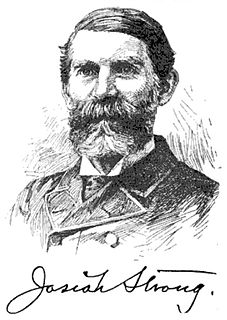A Quote by William Rees-Mogg
The United States may have retained more of the intellectual imprint of the British 18th century than Britain itself.
Related Quotes
By 18th century standards, they [Great Britain] were the freest, most dynamic, most willing to challenge tradition and authority. They had the highest wages and highest living standard, and probably the most engagement between the populace and the government of any country. Then the United States took those same qualities to the nth degree, and the British were suddenly appeared stodgy and tradition-bound.
The forefathers of the United States were children of religious bigotry and persecution, and, as a result, fled Britain to create a new approach to life and government. They valued intellect and education. In fact, they outlined the principles of the United States' democracy to establish intellectual freedom from the Church.
What everybody forgets is that when I was a journalist in Britain and in the United States, I was always a Canadian. And the price of expatriation does not go down, it goes up. I never felt part of the political common sense of Britain. I never felt it in the United States. I had no natural home in Britain and the U.S.
Britain is leaving and has de facto left the European Union; however, it has not withdrawn from its special relationship with the United States and I believe that the UK's relations with Russia depend on Britain's special relationship with the United States rather than on its presence in or absence from the European Union.
I wanted to create a believable feeling for 18th Century reality in the Perfume: The Story Of A Murderer. I didn't want this typical film feel of strange people in strange costumes, not really knowing what to do or how to move. If you put an 18th Century costume on Alan Rickman, it looks like he's been wearing it forever because he inhabits the stuff. He is a character that can really travel in time as an actor and transform into this 18th Century person with seemingly no effort.
































